Managing insulin levels is vital for overall health, particularly for individuals with insulin sensitivity or diabetes. The foods you consume play a critical role in your body’s insulin response, either supporting stability or causing disruptive spikes. Understanding which foods to avoid and which to prioritize can empower you to make smarter dietary decisions.
Certain foods, such as refined sugars and simple carbohydrates, are known to trigger sharp insulin spikes and should be minimized or eliminated. On the other hand, nutrient-dense options like high-fiber vegetables, healthy fats, and lean proteins can help regulate blood sugar levels effectively. Incorporating these beneficial choices into your meals can promote balanced insulin levels and enhance metabolic health.
Check out these 10 foods to avoid for their negative impact on insulin and 10 to embrace for their stabilizing benefits. Whether you’re managing a medical condition or simply aiming for better health, these insights will help you create a more balanced and supportive diet.
1. White Bread
A common staple in many households, white bread has a hidden drawback—it can cause insulin levels to spike. Its high glycemic index means it quickly breaks down into sugars, prompting rapid insulin production. For those managing insulin levels, this is precisely what should be avoided.
Instead, opt for whole grain alternatives that have a lower impact on blood sugar levels. Remember to check labels for added sugars, even in whole grain options. Making the switch can be a vital step in controlling insulin spikes effectively.
2. Sugary Soda
Sugary sodas are notorious for causing rapid spikes in insulin levels, largely due to their high sugar content. These beverages provide little nutritional value and are loaded with empty calories. Drinking sugary sodas can lead to a cycle of insulin spikes and drops, which can be harmful over time.
It’s a good idea to replace these drinks with healthier options like water or herbal teas. Making small changes in your beverage choices can significantly impact your overall health. Consider flavored water if you crave sweetness without the sugar.
3. Processed Meats
Packed with unhealthy fats and additives, processed meats pose a risk to insulin sensitivity. Loaded with preservatives and added sugars, they contribute to insulin resistance and elevate the likelihood of chronic diseases. Opting for lean, unprocessed options like chicken or turkey supports stable insulin levels and promotes better overall health.
Consider incorporating more plant-based proteins like beans and legumes into your diet. These choices can support better health and insulin management.
4. White Rice
Similar to white bread, white rice has a high glycemic index, causing quick insulin spikes. This refined grain lacks fiber, which is essential for slowing down sugar absorption. Opting for brown or wild rice can be a healthier choice, as they contain more fiber and nutrients. Including these in your meals will help stabilize blood sugar levels and reduce insulin spikes.
Additionally, pairing rice with vegetables and proteins can further moderate its impact on insulin. Consider experimenting with different grains like quinoa for variety.
5. Candy
Loaded with sugars and artificial ingredients, candies are a prime offender in causing insulin levels to surge. Their quick sugar rush triggers immediate insulin spikes, only to be followed by a sharp drop that often fuels further sugar cravings.
To satisfy your sweet tooth without the insulin rollercoaster, try natural fruits or dark chocolate in moderation. These alternatives provide sweetness along with beneficial nutrients. Gradually replacing candy with healthier options can help keep your insulin levels stable and enhance your overall health.
6. Fruit Juices
Deceptively high in sugar, fruit juices—even those labeled as natural—often fall short of their healthy reputation. Without the fiber found in whole fruits to regulate insulin response, they can cause rapid spikes in insulin levels, much like sugary sodas.
To prevent this, it’s better to consume whole fruits, which provide fiber and essential nutrients. If you enjoy juice, try diluting it with water to reduce sugar content. Making these adjustments can contribute to better insulin management and overall health.
7. Pastries and Cakes
Rich in both sugars and unhealthy fats, pastries and cakes pose a dual threat to insulin control. Their indulgent composition triggers insulin spikes and promotes weight gain, which in turn worsens insulin sensitivity over time.
Choosing healthier dessert options like Greek yogurt with fruit or oatmeal cookies can satisfy your cravings with less impact on insulin levels. Being mindful of portion sizes and frequency of consumption will also aid in maintaining balanced insulin levels. Small changes can lead to significant improvements.
8. Fried Foods
High in trans fats and calories, fried foods gradually contribute to insulin resistance. The frying process elevates their glycemic load, resulting in greater insulin spikes. Choosing baked or grilled options instead can significantly lessen these effects and support better insulin management.
Incorporating more vegetables and whole grains into your meals can also help manage insulin levels better. Remember, moderation is key, and occasional indulgence is fine, but frequent consumption can sabotage your insulin management efforts.
9. Breakfast Cereals
Many breakfast cereals, particularly those marketed towards children, are loaded with sugars that can cause insulin levels to surge. These cereals often lack nutritional value and are high in refined carbohydrates. Choosing oatmeal or whole grain cereals without added sugars is a healthier option.
Enhancing them with fruits or nuts can provide additional nutrients and fiber. Taking the time to read labels and select cereals with lower sugar content can make a substantial difference in managing insulin levels effectively.
10. Ice Cream
A delightful indulgence, ice cream comes packed with sugars and fats that can trigger significant insulin spikes. This combination makes it challenging to maintain stable insulin levels, particularly when enjoyed frequently.
Opting for healthier versions like frozen yogurt or sorbet can provide similar enjoyment with less impact. Moderation and portion control are vital when indulging in ice cream. Exploring alternative recipes, such as homemade banana ice cream, can offer a guilt-free treat that aligns with insulin management goals.
11. Cinnamon
More than a fragrant spice, cinnamon boasts powerful antioxidants that combat insulin resistance—a key concern for those with elevated insulin levels. Incorporating cinnamon into your diet regularly can enhance insulin sensitivity, making it a small yet impactful dietary addition. Moreover, cinnamon adds a delightful flavor to a variety of dishes, from savory to sweet, without adding unnecessary calories.
To reap its benefits, consider sprinkling a dash of cinnamon on your morning oatmeal or in your cup of coffee. It’s a simple yet effective way to support insulin regulation.
12. Leafy Greens
Nutritional powerhouses like spinach and kale play a key role in regulating insulin levels. Packed with magnesium and fiber, these leafy greens enhance insulin sensitivity and combat chronic inflammation, a common contributor to insulin resistance.
Incorporating leafy greens into your meals is easy and versatile. Whether in salads, smoothies, or as a side dish, their benefits are undeniable. Aim to include at least one serving of leafy greens daily to support your insulin health and overall well-being. Their low-calorie content makes them perfect for weight management too.
13. Berries
Nature’s sweet treat, berries offer a blend of vitamins, fiber, and antioxidants that support overall health. With their low glycemic index, they help maintain steady blood sugar and insulin levels, making them a smart choice for managing insulin effectively.
Incorporating berries into your diet can be both delicious and beneficial. Enjoy them as a snack, in yogurt, or as a topping for your breakfast cereal. Their natural sweetness satisfies cravings without the negative effects of refined sugar. Their anti-inflammatory properties further assist in maintaining balanced insulin levels.
14. Nuts and Seeds
Perfect for managing insulin levels, nuts and seeds like almonds, walnuts, chia, and flax seeds are nutritional powerhouses. Their healthy fats, protein, and fiber work together to stabilize blood sugar and promote a balanced insulin response.
Incorporating nuts and seeds into your diet is simple. Add them to your morning cereal, yogurt, or enjoy them on their own as a healthy snack. Their crunchy texture and satisfying flavor make them a delicious addition to any meal. Plus, they are convenient for on-the-go snacking, making insulin management easier.
15. Whole Grains
Rich in fiber and essential nutrients, whole grains like oats, quinoa, and brown rice support steady digestion and help prevent sharp insulin spikes. Their slow-releasing energy makes them a valuable choice for maintaining balanced insulin levels.
Incorporating whole grains into your meals can be both satisfying and beneficial. Enjoy them as a base for salads, as a side dish, or even as a warm breakfast cereal. Their versatility allows for endless culinary creativity. Whole grains provide sustained energy, keeping you full longer and reducing unhealthy snacking habits.
16. Avocados
Creamy and nutrient-rich, avocados are a powerhouse of healthy fats and fiber. These qualities work to enhance insulin sensitivity while reducing bad cholesterol, making them an excellent addition to any insulin-conscious diet.
Incorporating avocados into your diet can be both enjoyable and beneficial. Add them to salads, sandwiches, or enjoy them as a topping on toast. Their versatility and rich texture make them a favorite among many. Regular consumption supports heart health and provides a steady source of energy throughout the day.
17. Garlic
Beyond its bold flavor, garlic offers remarkable health benefits, including improved insulin sensitivity and lower blood sugar levels. This makes it a valuable addition to any diet focused on managing insulin effectively.
Incorporating garlic into your cooking can be a delightful way to boost flavor and health benefits. Whether used in sauces, marinades, or directly in dishes, its versatility is unmatched. The active compounds in garlic, such as allicin, provide additional health benefits, making it a staple in many kitchens worldwide.
18. Beans
Beans are an excellent source of plant-based protein and fiber, both of which play a crucial role in managing insulin levels. They help slow down digestion and maintain stable blood sugar, reducing unnecessary insulin spikes.
Incorporate beans into your meals for a filling and nutritious option. Whether in soups, salads, or as a side dish, their versatility makes them a staple in many cuisines. Beans are not only cost-effective but also provide long-lasting energy, making them perfect for those seeking to regulate insulin naturally.
19. Fatty Fish
Rich in omega-3 fatty acids, fatty fish like salmon, mackerel, and sardines offer powerful anti-inflammatory benefits. These nutrients enhance insulin sensitivity and help lower the risk of developing insulin resistance, making them an excellent dietary choice.
Incorporating fatty fish into your diet can be both delicious and nutritious. Enjoy it grilled, baked, or broiled, as part of a balanced meal. The healthy fats found in these fish support heart health and provide essential nutrients. Regular consumption can aid in maintaining balanced insulin levels and overall well-being.
20. Green Tea
Renowned for its rich antioxidants, particularly catechins, green tea supports improved insulin sensitivity and glucose metabolism. Regular consumption can help maintain balanced insulin levels, making it a beneficial addition to your routine.
Enjoying a cup of green tea is a soothing ritual that can be easily incorporated into your daily routine. Whether hot or iced, its subtle flavors and health benefits make it a favored choice among tea enthusiasts. Its natural compounds not only aid in managing insulin but also promote overall health and relaxation.
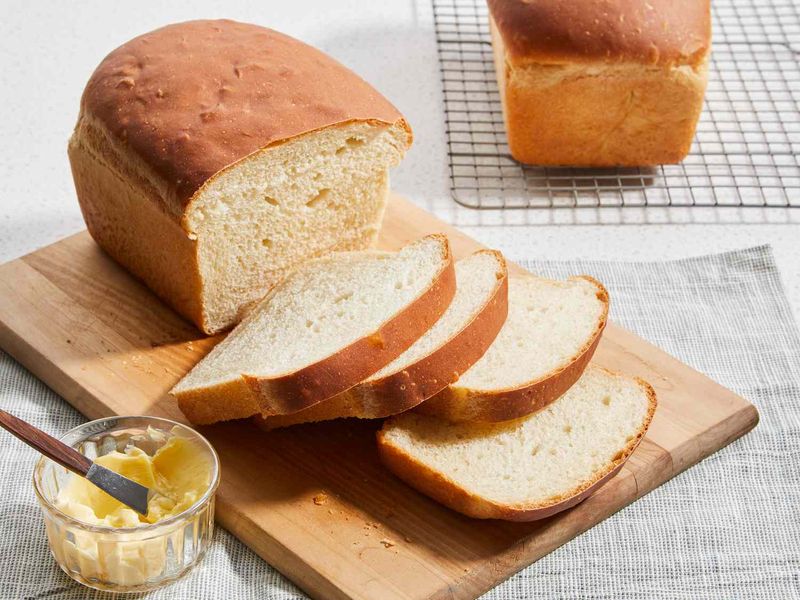

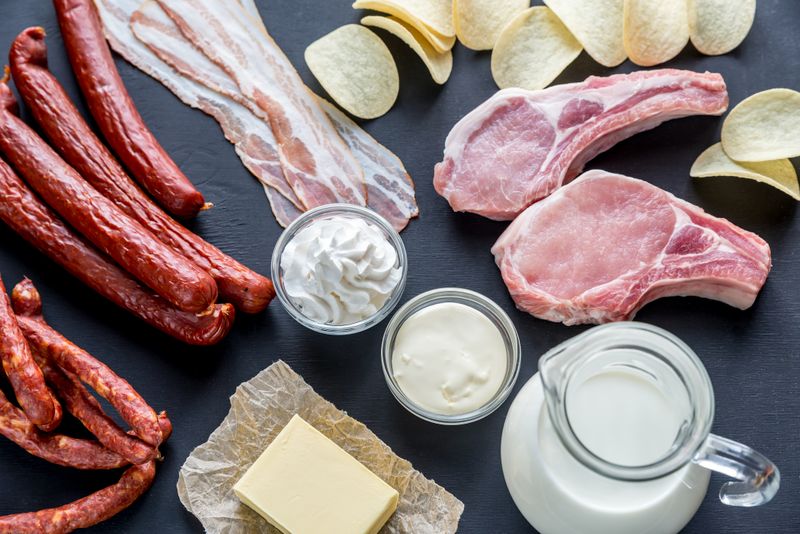
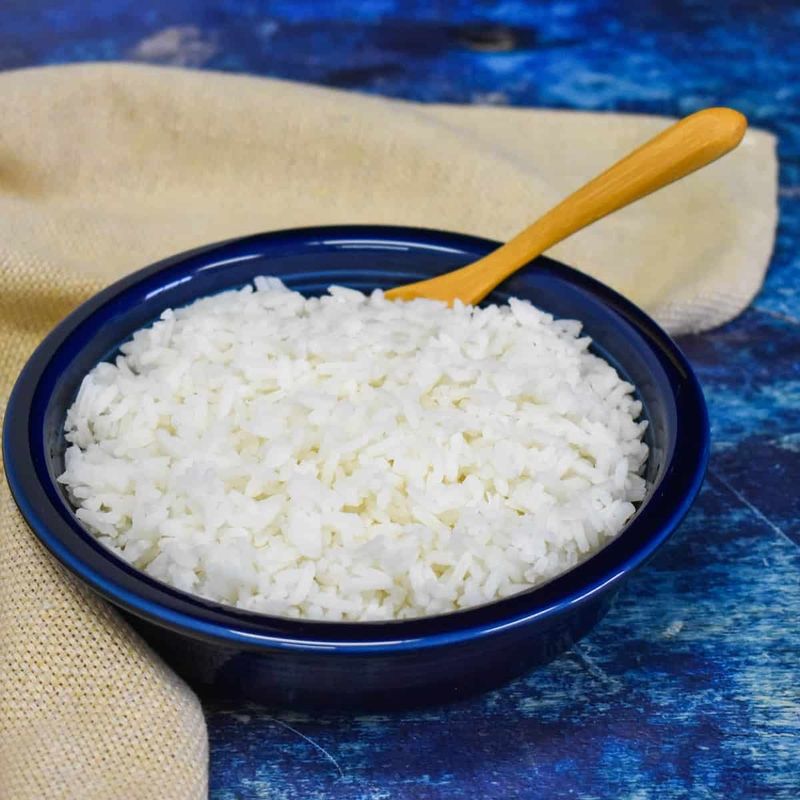

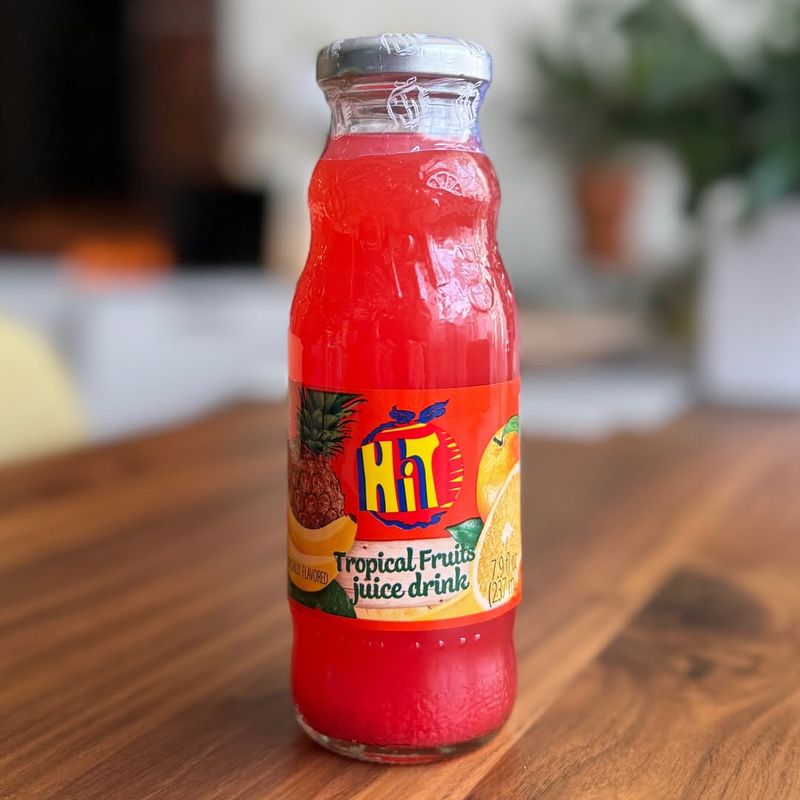


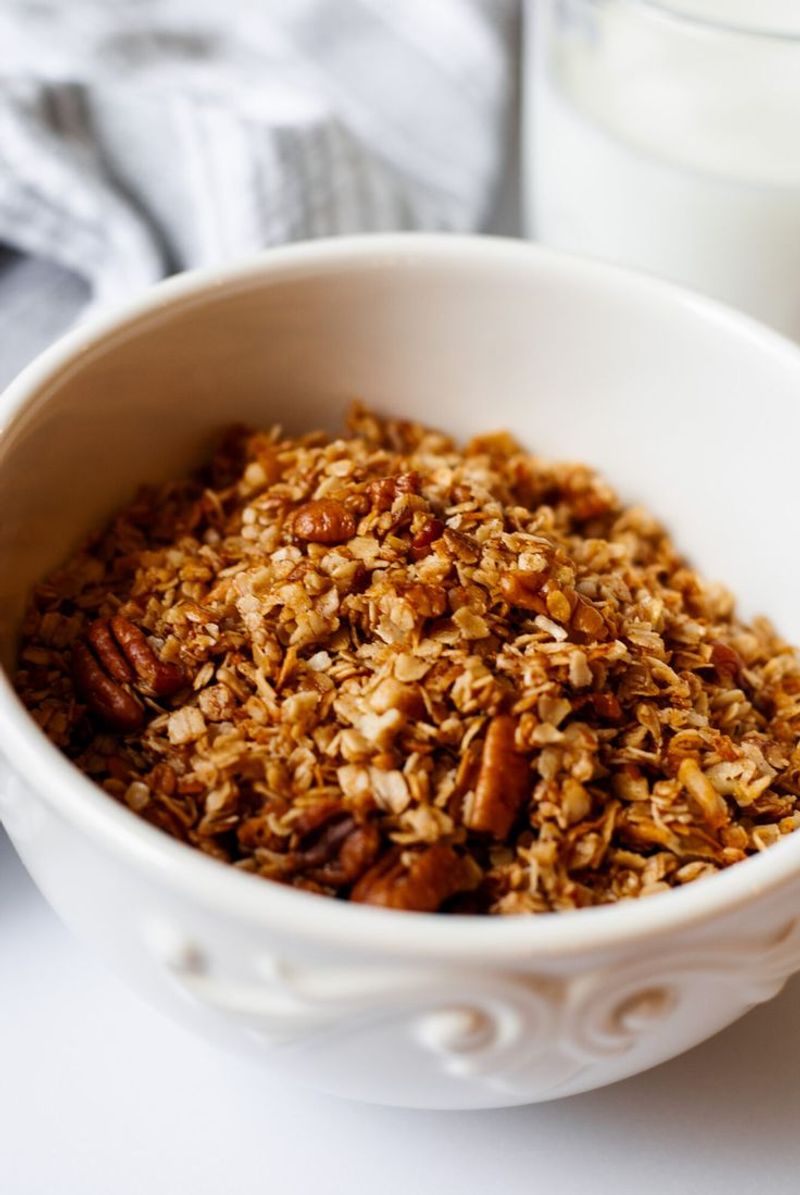

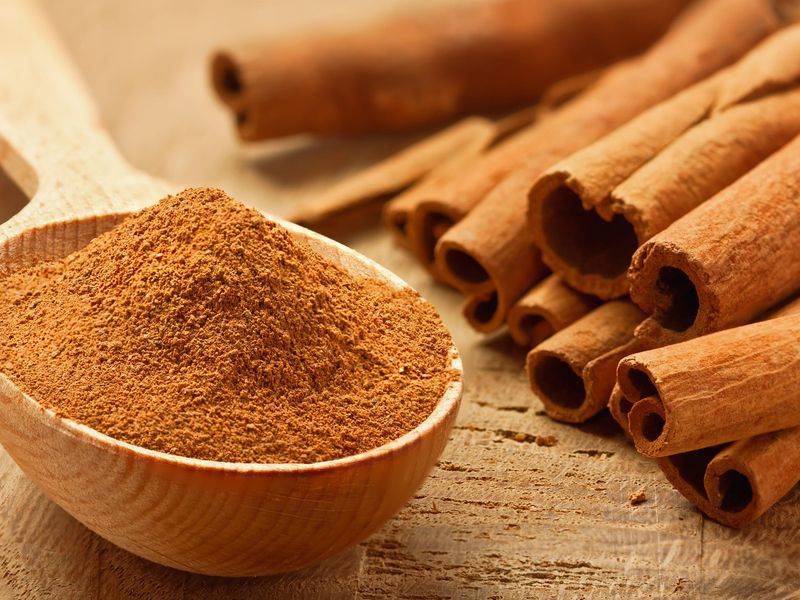
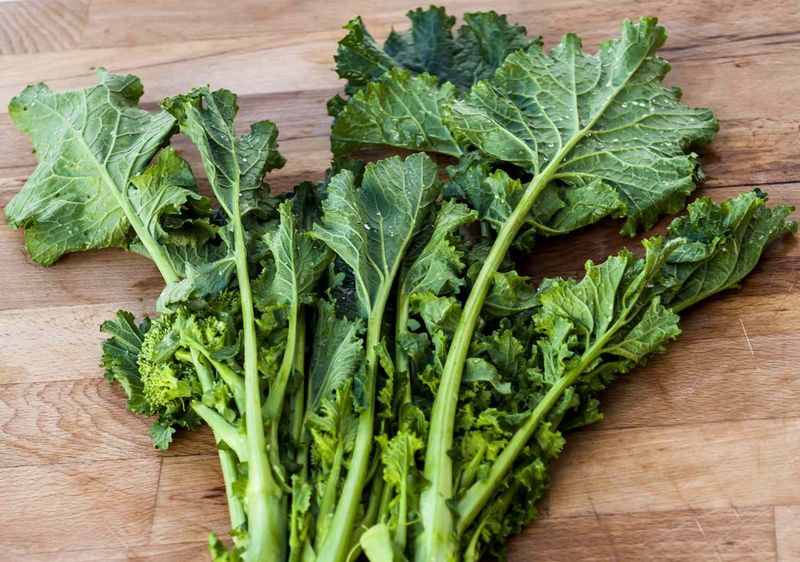
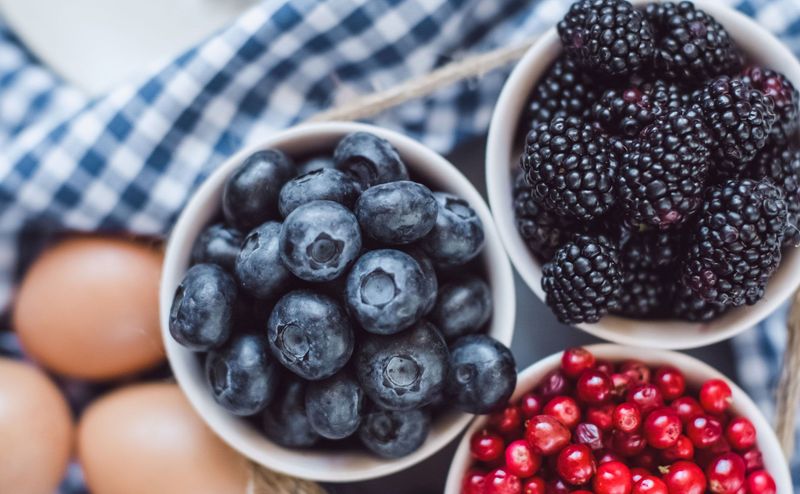
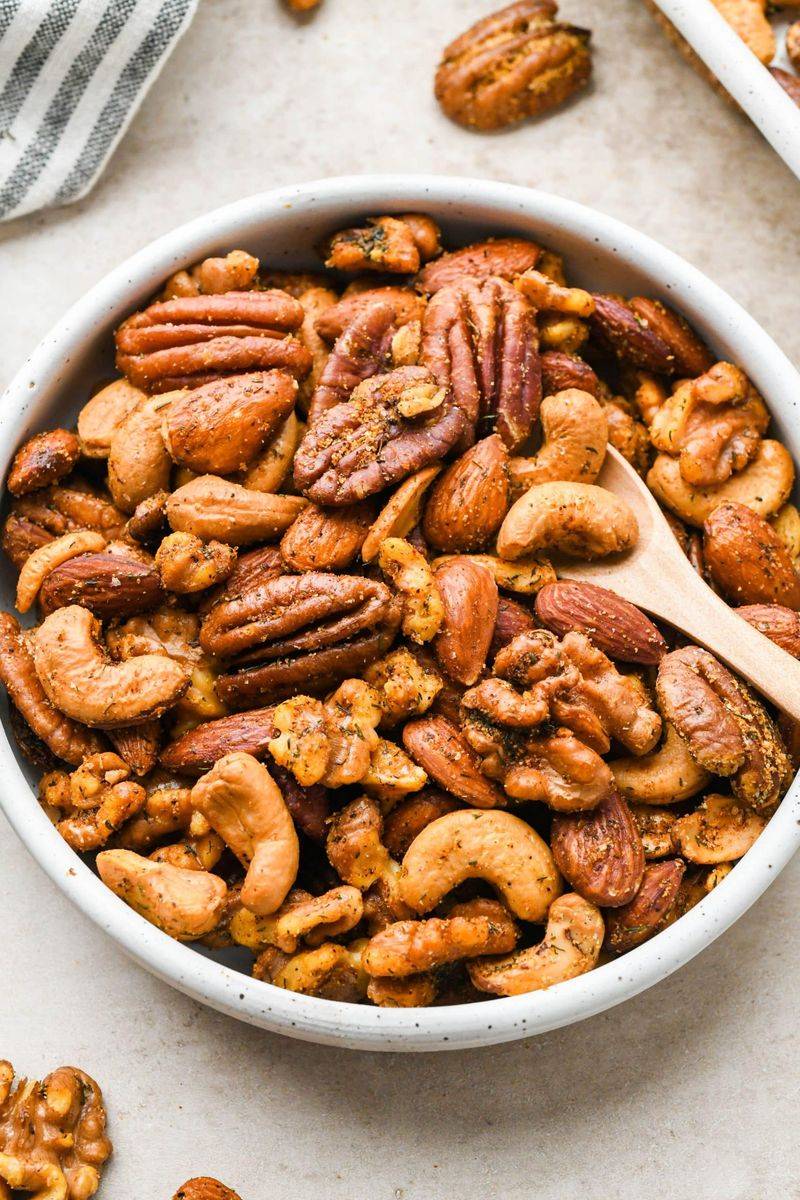
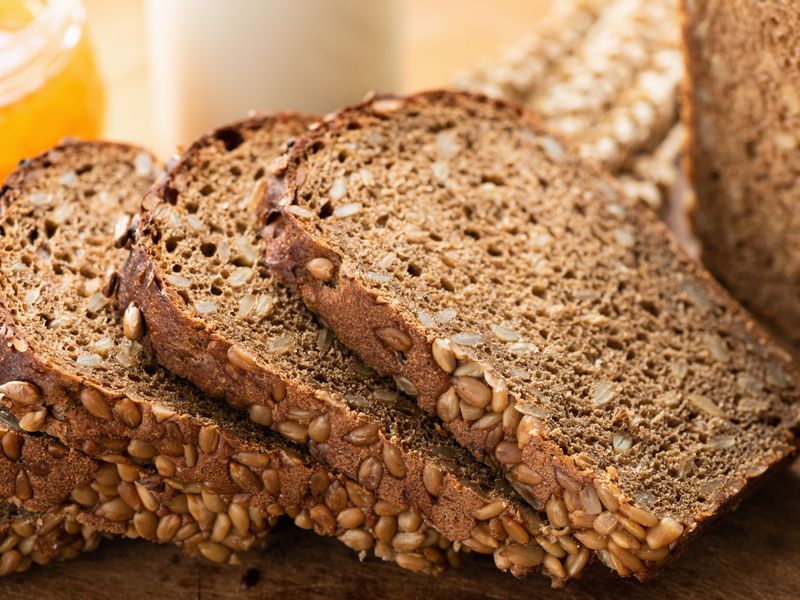
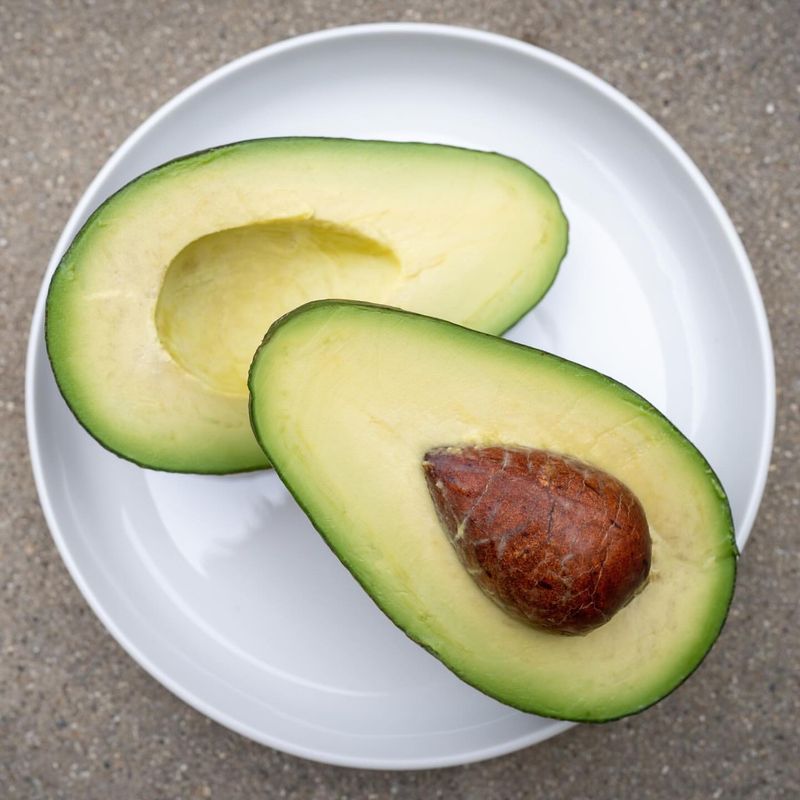
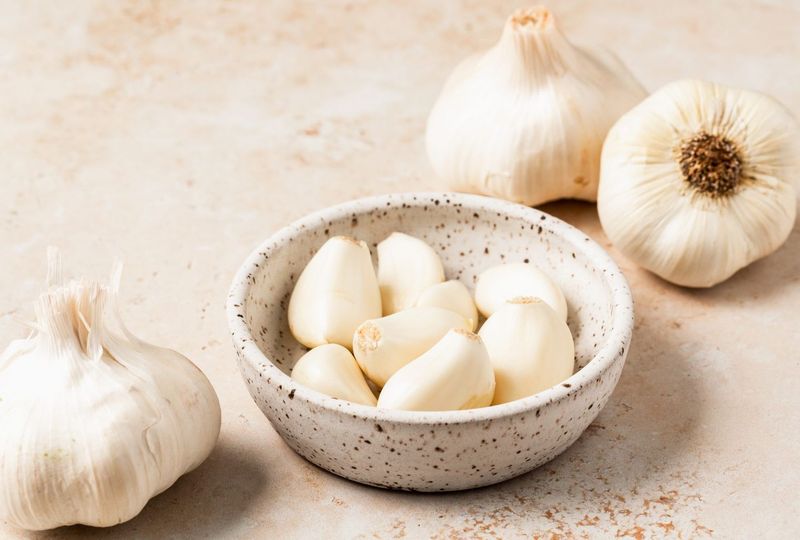
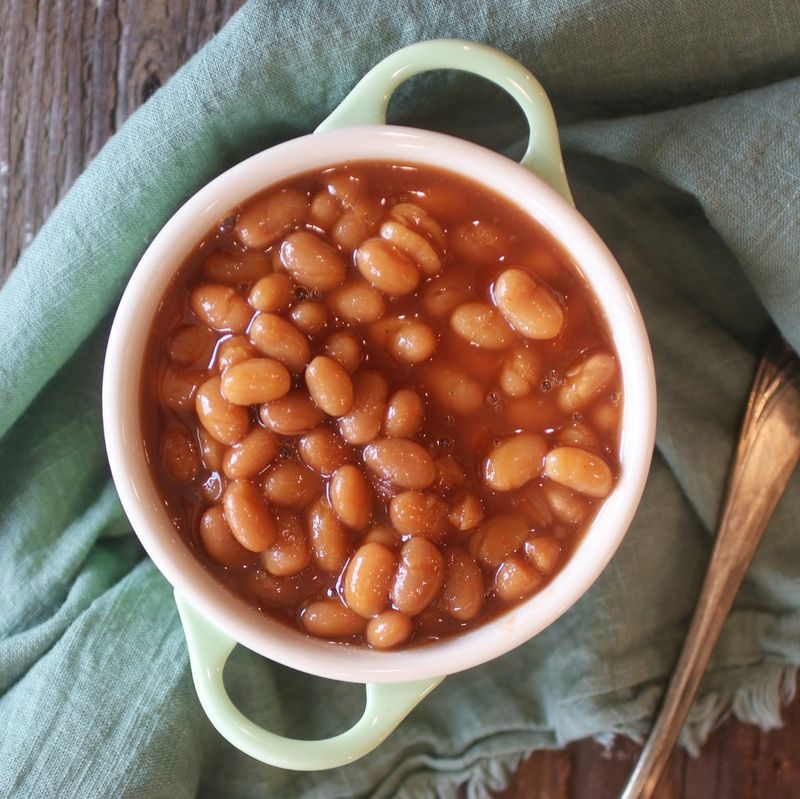


Leave a comment